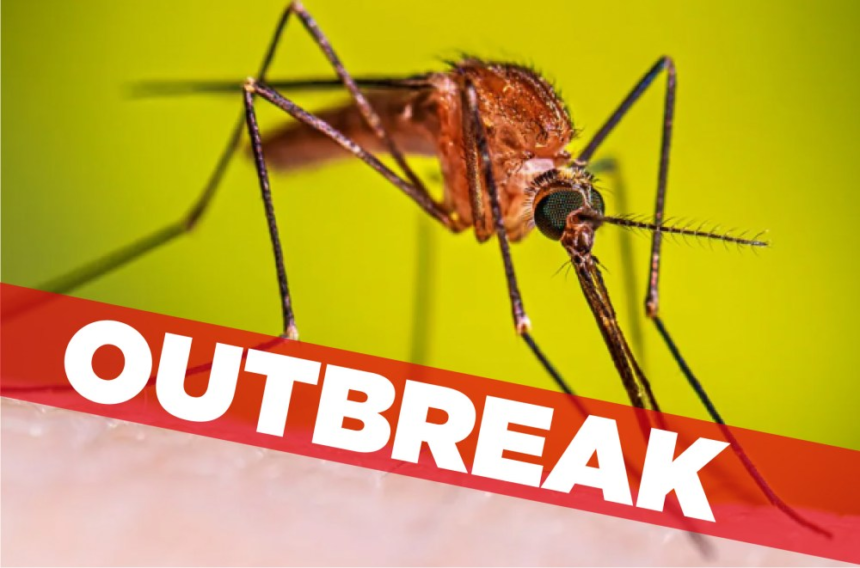Placido Hilukilwa
A TOTAL of 2,210 malaria cases have been reported, including 265 hospital admissions and nine deaths, from 4 November to 15 December.
At least 16 malaria-endemic districts have surpassed the epidemic threshold and are experiencing outbreaks, the Ministry of Health and Social Services said in a recent statement.
A significant increase in malaria cases was reported in the most malaria-endemic regions of Namibia, and the Ministry is now calling on all Namibians and travelers to the northern and northeastern parts of the country to take all necessary precautions to prevent malaria infections.
The affected health districts include Oshakati in Oshana Region; Eenhana, Okongo, and Engela (Ohangwena Region); Omuthiya, Onandjokwe, and Tsumeb (Oshikoto); Okahao, Tsandi, Outapi, and Oshikuku (Omusati); Rundu, Nyangana, and Andara (Kavango East); and Nkurenkuru and Ncamagoro (Kavango West).
Eenhana tops the list with 661 cases, followed by Okongo with 336 cases.
Cattle herders who cross the Namibia-Angola border have been identified as key drivers of the epidemic and are specifically advised to take all necessary precautions to avoid mosquito bites.
Namibia usually experiences seasonal malaria transmission, with peaks starting in December and lasting until late April.
“Malaria cases are thus expected to increase during this time due to the rainfall,” the Ministry said.
Malaria is a parasitic infection transmitted through the bite of an infected Anopheles mosquito. If treatment is delayed, it may lead to severe malaria and even death.
Symptoms of malaria include fever, headache, muscle or joint pain, chills and sweating, fatigue, nausea, and vomiting. Anyone experiencing these symptoms is urged to immediately visit the nearest health facility for care.
The Ministry of Health regularly conducts indoor residual spraying with approved insecticides to reduce mosquito populations. Insecticide-treated mosquito nets are also distributed free of charge to targeted communities in the affected regions.
For personal protection, communities are advised to use insect repellent, mosquito nets, and long-sleeved clothing to shield themselves from mosquito bites. They are also urged to clear stagnant water and clean the environment around their homes to prevent mosquito breeding.
The Ministry has robust surveillance systems in place and is on high alert to detect and monitor malaria in all regions.
A community education campaign is underway to raise awareness about malaria control and prevention.


